International Aphasia Movement, NYC
Editor's Note: IAM President Harvey Alter just sent us this email:
We sadly announce the passing of my partner and IAM's Co-Founder and Vice President Michael A. Young Esq.
On Tuesday at 1:30 am Mike left us. He was the victim of a a head injury that made his brain stop working. Mike's work in creating a Co-Survior's Groups at Columbia Teacher's College Aphasia Program and Saint Luke's Church will along with his other work for people with aphasia always be remembered.
Harvey Alter
President
Email: [email protected] for donation information.
|
"Gavel Club" for People with Aphasia
New Zealand speech therapist Melissa Brazier is offering a "Gavel Club" for people with aphasia.
The six week course puts patients through a series of tasks from public speaking and evaluation of speeches, to telling the joke of the day.
They discuss a variety of topics; from the election to the Scottish independence, and all patients are encouraged to have a laugh while helping each other.
Says Brazier, "The idea is to take the fear out of talking."
Source: New Zealand Doctor
|
New test to help brain injury victims recover
A dynamic new assessment for helping victims of trauma to the brain, including those suffering from progressive conditions such as dementia, has been developed by a clinical neuropsychologist at the University of Leicester.
The Short Parallel Assessments of Neuropsychological Status (SPANS) is the brainchild of Dr Gerald Burgess from the University of Leicester's School of Psychology and has been designed to engage with patients suffering from a variety of brain injuries in order to aid in their recovery.
SPANS measures the cognitive skills of individuals with acquired brain injury and progressive neurological conditions in a user-friendly and concise way, taking patients an estimated 35 minutes to complete.
Source: Science Daily
|
Cell transplant helps paralyzed man walk with frame
A Bulgarian man who was paralyzed from the chest down in a knife attack can now walk with the aid of a frame after receiving pioneering transplant treatment using cells from his nose.
The technique, described as a breakthrough by a study in the journal Cell Transplantation, involved transplanting what are known as olfactory ensheathing cells into the patient's spinal cord and constructing a "nerve bridge" between two stumps of the damaged spinal column.
"We believe . . . this procedure is the breakthrough which, as it is further developed, will result in a historic change in the currently hopeless outlook for people disabled by spinal cord injury," said Geoffrey Raisman, a professor at University College London's (UCL) institute of neurology, who led the research.
Source: News Max Health
|
Key Principles of Neuroplasticity
|
1. Know it > think it > plan it > do it > feel/hear/process it >REMEMBER IT.
 | | Bill Connors on Neuroplasticity Tenet # 1 |
|
2. Keep the activity simple and the program robust.
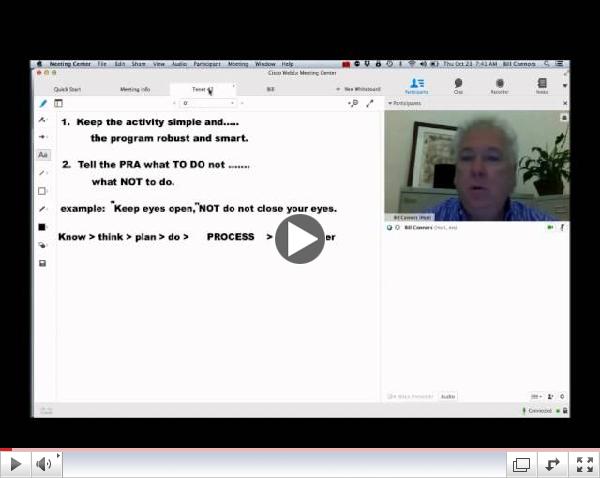 | | Bill Connors on Neuroplasticity Tenet # 2 |
|
3. Address the cognitive underpinnings for speech and language.
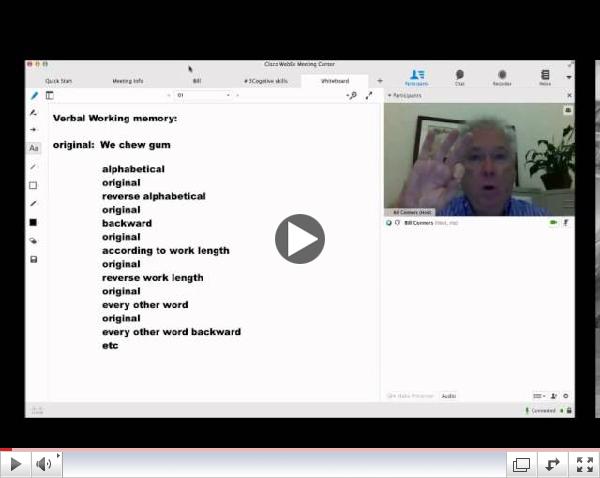 | | Bill Connors on Neuroplasticity Tenet # 3 |
|
4. Have the client work from his/her own memory starting propositionally.
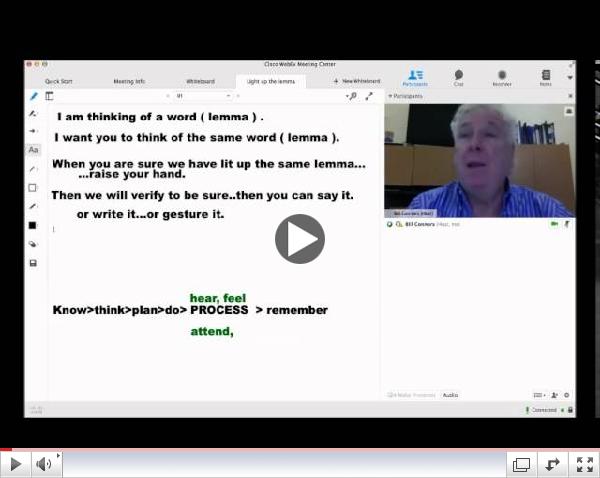 | | Bill Connors on Neuroplasticity Tenet # 4 |
|
5. Facilitate rhythm and faith.
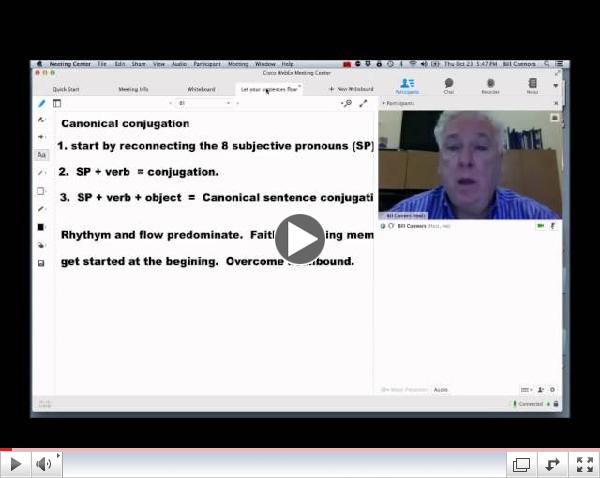 | | Bill Connors on Neuroplasticity Tenet # 5 |
|
|
|
|
|
"This is our neuroplastic mantra: Know it > think it > plan it > do it > feel/hear/process it >REMEMBER IT.
October 31, 2014
|
|
SPECIAL EDITION - Neuroplasticity in Stroke and Aphasia Recovery - Part 2
|
|
|
This is Sharon Rennhack, the chief editor for the aphasiatoolbox newsletter.
Last month and this month. we are continuing our special focus on neuroplasticity.
In the September 2014 edition, we focused on the science of neuroplasticity; in this October 2014 edition, we're keeping it short and simple, by focusing on the practical side of neuroplasticity; specifically, we are focusing on the key principles of neuroplasticity as identified by Bill Connors, in his presentation "Exploiting Neuroplasticity in Aphasia Rehabilitation".
In these videos, Bill discusses and demonstrates simple exercises for the 12 key principles of neuroplasticity.
For a copy of Bill's presentation, contact him or call him at 724-494-2534.
We hope you enjoy this edition.
Chief Editor
Aphasiatoolbox
|
6. Emphasize InterPersonal Communication (IPC) issues early and consistently.
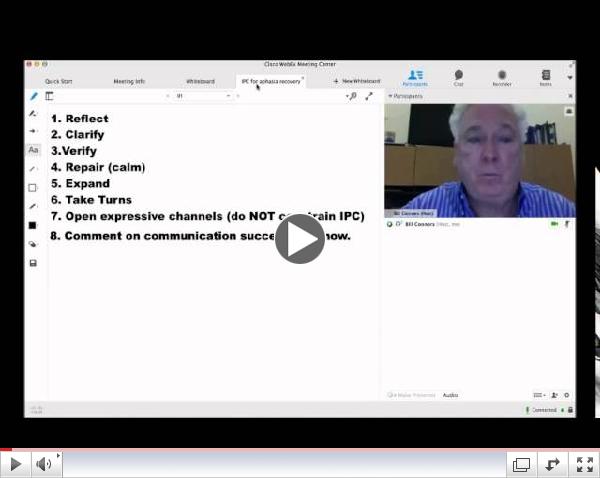 | | Bill Connors on Neuroplasticity Tenet # 6 |
|
7. Focus on verbs, not nouns, on vowels not consonants.
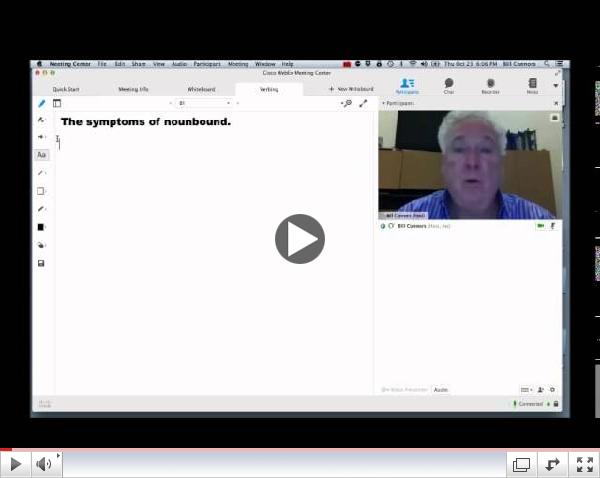 | | Bill Connors on Neuroplasticity Tenet # 7 |
|
8. Make every activity truly therapeutic for the PRA.
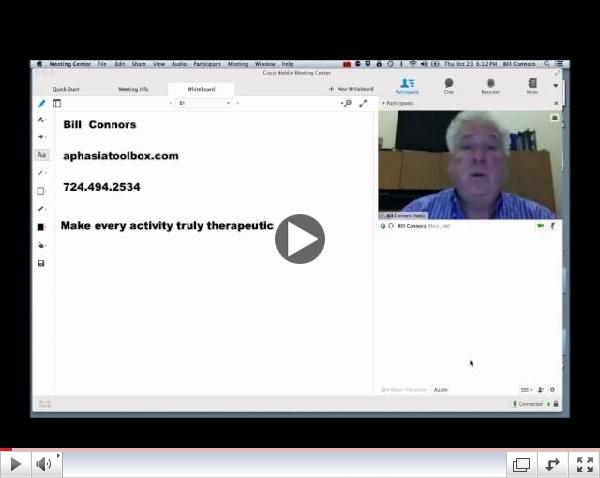 | | Bill Connors on Neuroplasticity Tenet # 8 |
|
9. Turn the person with aphasia (PWA) into a person recovering from aphasia (PRA).
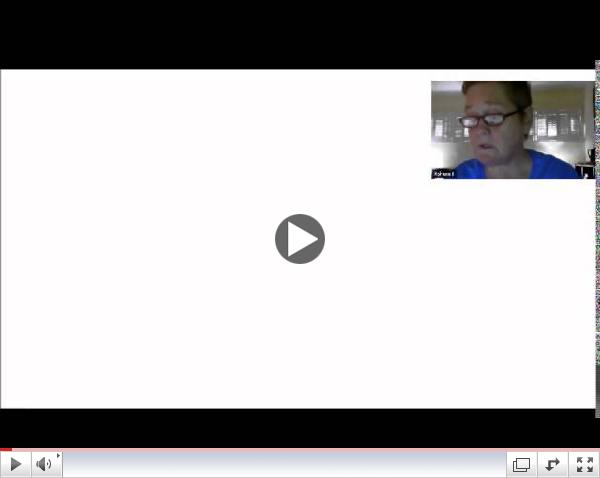 | | Bill Connors on Neuroplasticity Tenet # 9 |
|
10. Address concomitant problems:
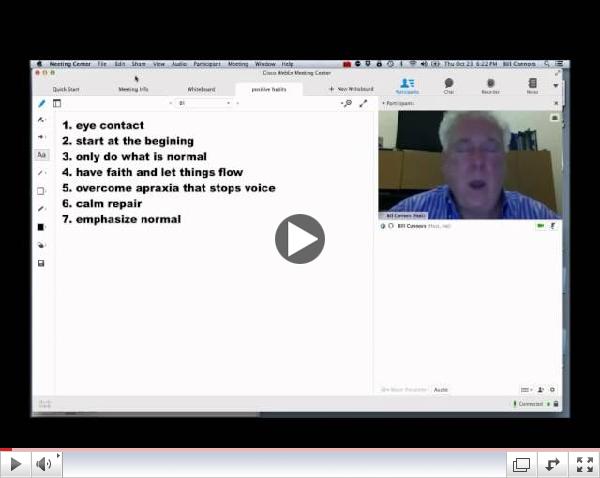 | | Bill Connors on Neuroplasticity Tenet # 10 |
|
11. Be prepared for the digitally native PWA.
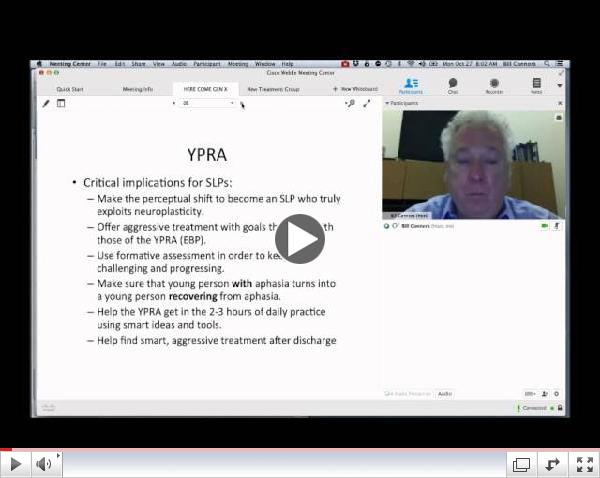 | | Bill Connors on Neuroplasticity Tenet # 11 |
|
12. Take the leap. Commit to and become a neuroplastic SLP.
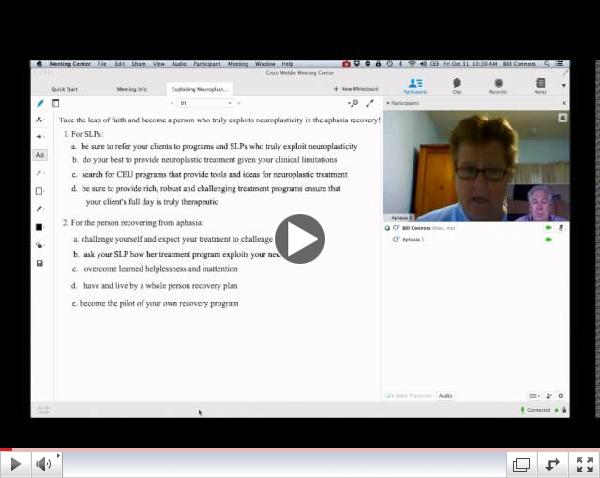 | | Bill Connors on Neuroplasticity Tenet # 12 |
|
|
|
|
|